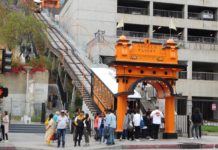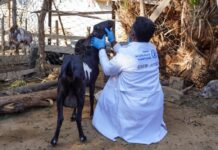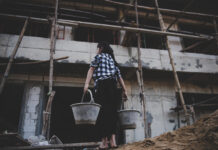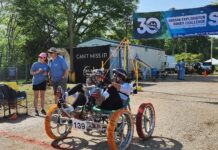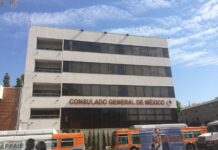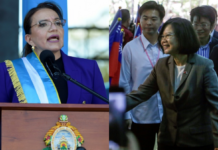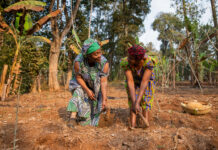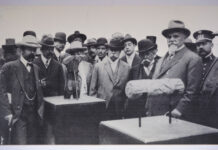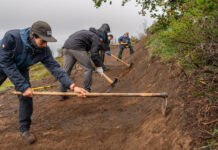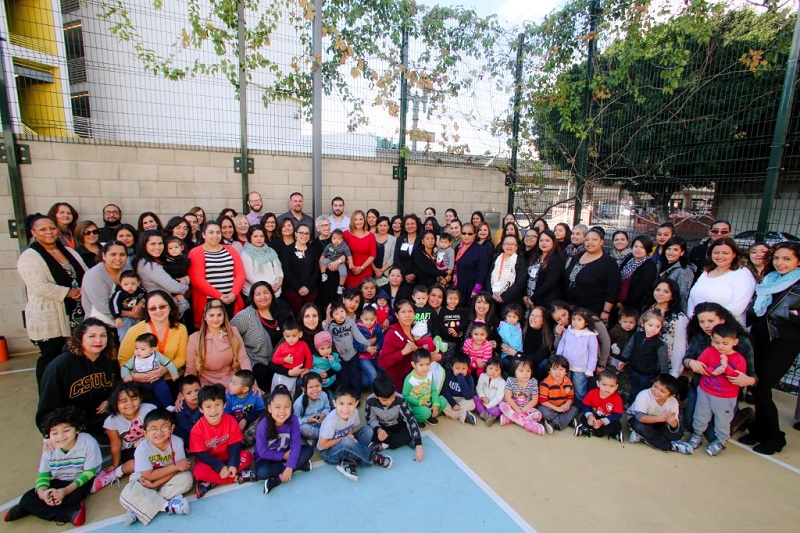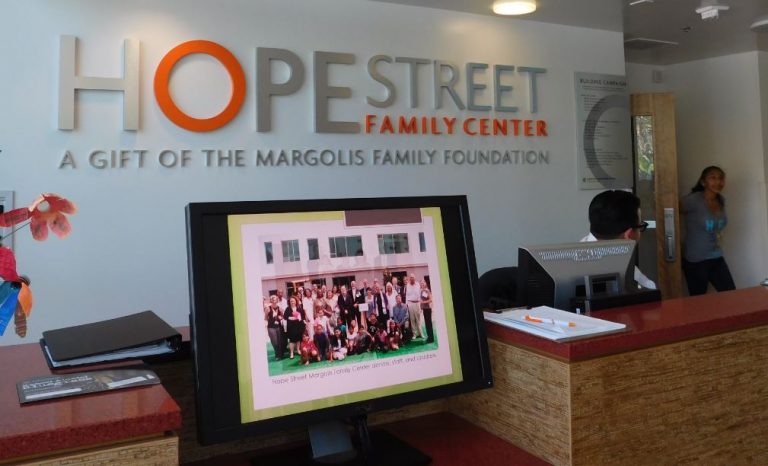
The Hope Street Margolis Family Center, a community resource of California Hospital Medical Center (CMCH), has served low-income families in downtown Los Angeles since 1992.
Su fundación está relacionada, en cierta forma, con los disturbios que ocurrieron ese año en esa área de la ciudad, ya que los directivos del CMCH se dieron cuenta que no había un lugar que ofreciera recursos de apoyo a las familias y los niños del área.
It was founded after the riots that occurred that year in that area of the city, as the directors of the CMCH realized that there was not a place that offered support resources to families and children of that area.
«The mission of the center is to educate children, strengthen families and transform our communities,» said Mary Fagnano, Development Officer at Hope Street Margolis Family Center. «We have truly seen this transformation by just having this thirst here.»
The Hope Street Margolis Family Center is collaboration with the University of California Los Angeles (UCLA). It was, at the beginning, located in a smaller building and had a staff of three employees to serve about 15 families.
In October 2013, however, the CHMC has opened a new headquarters for the Hope Street Margolis Family Center, which has an area of 26,500 square feet. It is a LEED certified building designed for energy efficiency.
It currently has a staff of 125 people from different cultural backgrounds that includes professionals in the area of social work, psychology, child development, as well as mentors, tutors and volunteer advisors.
About 5,000 families receive annual services in the areas of child development, education, mental health and family support.
Education for children from early childhood
The Hope Street Margolis Family Center prepares children from an early age. To qualify, they must live in the area and belong to families whose incomes ranges from $ 17,000 to $ 25,000 annually.
This preparation begins with the Early Head Start program, where they receive children from 3 months to 3 years old. There, they receive, in addition to education, a medical evaluation to determine their needs.
«With that assessment, we find out if children have any needs, whether in development, language, mobility or other things, to provide them with the resources they need to help them,» Fagnano said.
As they get older, the staff prepares the children to get ready to attend school. This preparation includes learning the alphabet, colors, shapes and numbers.
But parents also participate in a family literacy program, which includes adult education as well as information on parenting and early childhood.
The goal is to prepare them to become the first teachers in their children’s education.
Support for children and young people after school
The Center has an after-school program for about 60 elementary, middle, and high school children.
The students receive support for their homework and to improve their English and math skills with the help of volunteer mentors and the support of a computer lab.
They also participate in recreational and social activities that include basketball, dance, art, crafts, field trips and healthy food preparation.
During the summer, the after-school program becomes a full day of activities based on STEM [Science, Technology, Engineering, Math] activities, with more than 100 students attending.
High school students also participate in a leadership program. As a commitment, they have devote one hour a day to assist middle school student or the youngest ones in the Head Start program to improve or acquire their reading skills.
«By realizing that they have something to contribute to, it will empower them to realize that they can make a difference in the world,» said Fagnano, noting that they receive a stipend of $ 100 per month if they complete the goals outlined in the program during that period.
Fagnano points out that many of the students who have passed through the Center have graduated from high school and have pursued a university degree.
«We are very proud when our students say that with the help they have received here at Hope Street, it has helped them to see the potential they have,» Fagnano said.
Funding for early childhood programs comes from government subsidies. After-school programs depend on private donations, which can be done annually or monthly through the Circle of Friends.



